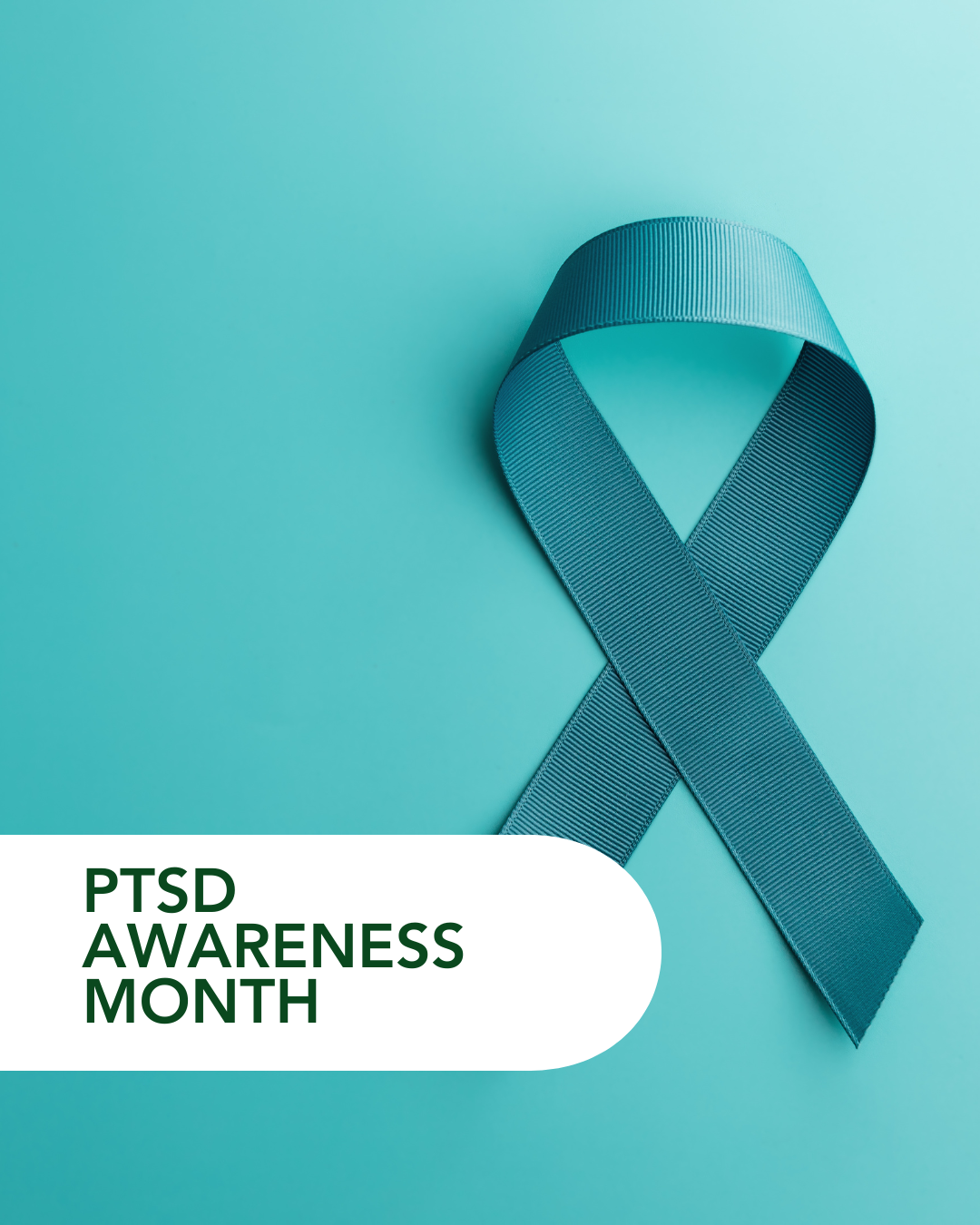PTSD Awareness Month
June marks PTSD Awareness Month. It’s a chance for all of us to pause and talk openly about something that affects many Australian veterans: post-traumatic stress disorder (PTSD).
PTSD isn't about weakness or failing to cope; it's a very human response to experiences that were overwhelming and hard to process. If any of this resonates with you, please know you're not alone. There's genuine help available, and things can get better.
What PTSD can actually feel like
Many veterans share that PTSD doesn’t always look like the typical flashbacks or nightmares portrayed on TV. Often, it's subtler more about how you feel day-to-day or how you react to everyday situations.
You might find yourself constantly alert, unable to relax even when logically you know you're safe. Perhaps you snap at loved ones for no clear reason, or maybe you've felt distant or disconnected from people around you. Many veterans describe feeling numb, exhausted, or struggling with sleep, concentration, or a persistent sense of guilt or shame.
Some say it's like being stuck in survival mode, unable to shift gears back into everyday life. No matter what form PTSD takes for you, it's not something you need to manage alone. Understanding what's happening is the first step towards feeling better.
Treatment can help, and there's more than one way
PTSD recovery doesn't have a single path. Therapy works well for some; others benefit from medication, peer groups, or a combination of strategies. The most effective approach is the one you’re comfortable with and willing to follow through on.
Beth Masling, Psychologist at Provocatus, describes it this way:
Beth Masling, Psychologist
"PTSD symptoms are many. They can disrupt your sense of safety, making you hypervigilant, emotionally withdrawn, or reactive. Good therapy helps you challenge unhelpful beliefs, reduce emotional distress, and improve day-to-day functioning. The treatment that works best is the one you actually do. Reach out to your clinical team or to us at Provocatus, and let's get started."
If you're unsure where to begin, just starting a conversation can make all the difference.
Ashley Semmens is raising awareness through action
Veteran Ashley Semmens has taken on extraordinary challenge - finning across the English Channel using military diving techniques to raise awareness for PTSD. Ashley’s journey symbolises the strength, resilience, and commitment it takes to face mental health challenges head-on. His story is proof that healing can come in many forms.
Read more about Ash’s challenge here.
How Provocatus Supports Veterans
At Provocatus, we partner directly with veterans, their healthcare providers, and allied health teams to ensure personalised support. Our Veteran Access Scheme™ helps veterans access specialised care for PTSD, chronic pain, sleep problems, and more, often funded through the Department of Veterans’ Affairs (DVA).
If you've ever felt stuck navigating the healthcare system, we’re here to make it easier and clearer.
You might also want to read our previous post on Understanding PTSD in Australian Veterans, which breaks down PTSD in everyday language and offers further help.
Trusted Veteran-Specific Resources
If you prefer to start elsewhere, these support services are excellent starting points:
Taking That First Step
You don't need to have all the answers right away.
Even thinking about reaching out is already an important step. Talk to a mate, have a quick chat with your GP, or simply drop us a line. You've already faced plenty; you don't need to face this alone.
We're here when you're ready.




